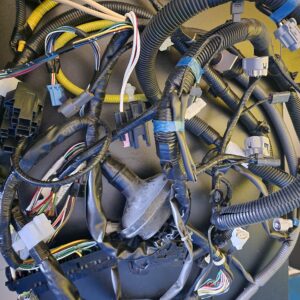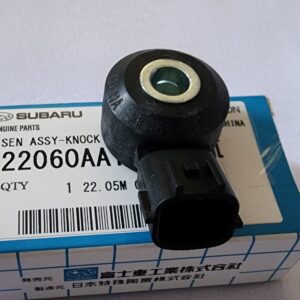Unveiling Precision: The Role of Oil Control Valves in Engine Efficiency
In the intricate realm of automotive engineering, where precision reigns supreme, one often-overlooked component quietly optimizes engine performance—the oil control valve. While engines hum with power, it’s the oil control valve that meticulously regulates oil flow, ensuring optimal lubrication, timing, and efficiency. Join us as we delve into the significance, functionality, and importance of oil control valves in the realm of automotive technology.
Understanding the Essence: What is an Oil Control Valve?
An oil control valve, also known as a variable valve timing (VVT) solenoid or variable valve timing control solenoid, is a critical component of an engine’s variable valve timing system. Its primary function is to control the flow of oil to the variable valve timing mechanism, allowing for precise adjustment of valve timing and duration. This enables the engine to optimize performance, fuel efficiency, and emissions control under varying operating conditions.
In stock (can be backordered)
$29,137.67
Unveiling Precision: The Role of Oil Control Valves in Engine Efficiency
In the intricate realm of automotive engineering, where precision reigns supreme, one often-overlooked component quietly optimizes engine performance—the oil control valve. While engines hum with power, it’s the oil control valve that meticulously regulates oil flow, ensuring optimal lubrication, timing, and efficiency. Join us as we delve into the significance, functionality, and importance of oil control valves in the realm of automotive technology.
Understanding the Essence: What is an Oil Control Valve?
An oil control valve, also known as a variable valve timing (VVT) solenoid or variable valve timing control solenoid, is a critical component of an engine’s variable valve timing system. Its primary function is to control the flow of oil to the variable valve timing mechanism, allowing for precise adjustment of valve timing and duration. This enables the engine to optimize performance, fuel efficiency, and emissions control under varying operating conditions.
| Weight | 0.44 kg |
|---|---|
| Warehouse | Inventory at warehouse 2 |



Get E-mail updates about our latest products and special offers.
Sensors and More is Jamaica’s ultimate online auto parts store. Established in 2020, we specialize in genuine electrical parts for Japanese, Read more…
Reviews
There are no reviews yet.